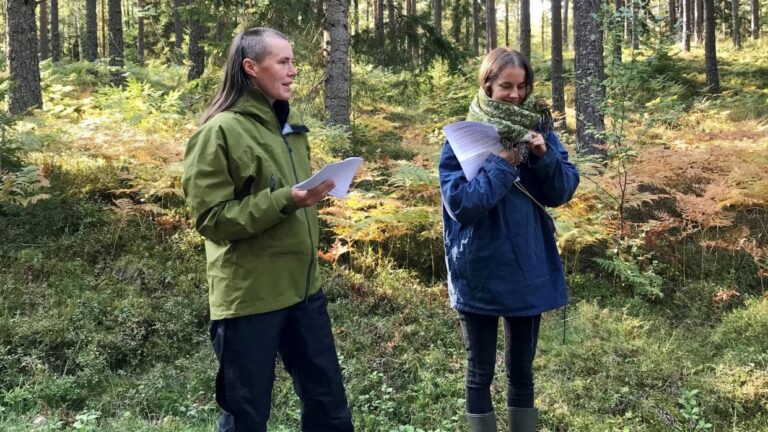Many important investments are underway to aid the green transition of the cultural sector. Several institutions and stakeholders in the Nordic Region have valuable expertise which more of them should leverage, which is why there is the potential to step up the co-ordination, strategic development and exchange of knowledge, methods and guidelines at the Nordic level. The ministers acknowledged this in the proposed pilot project for climate compensation, which was discussed at the ministerial meeting in Helsinki on 2 November.
“The climate crisis is the greatest challenge of our time, and we must all work hard to find solutions for accelerating the green transition. The Nordic cultural sector is following suit and working on the Sustainable Cultural Experiences project, which we’re supporting by way of funding of DKK 500,000. Together, we’ll work for a greener cultural scene and make it possible for stakeholders who are at the forefront of sustainability efforts to contribute their knowledge and tools,” says Anette Trettebergstuen, Norway’s Minister of Culture and Equality and chair of the Nordic Council of Ministers for Culture in 2022.
Tools and guidelines
The pilot project will involve both representatives from the Nordic funding programmes and experts in the management of climate compensation with the aim of supporting the exchange of knowledge and raising awareness.
The project will fund the development of tools and guidelines that will help culture projects budget for climate compensation. To that end, the project will be able to contribute to an increased awareness of climate compensation efforts also among authorities that administer funding to the cultural sector.
New initiatives for sustainable cultural experiences
In their co-operation on culture policies, the Nordic ministers for culture have agreed to work in a targeted manner to promote new sustainable initiatives within the Nordic Region’s art and culture sector. The pilot project on climate compensation is part of the Sustainable Cultural Experiences project, one of several strategic initiatives in efforts relating to the Nordic prime ministers’ vision of the Nordic Region as the world’s most sustainable and integrated region by 2030.
The project includes A Green Roadmap for the Cultural Scene in the Nordic Region which, at the general level, will make it easier for those living in the Nordic Region to choose sustainable cultural experiences. The project also includes Sustainability LAB, which is examining the connection between schooling and the cultural sector in respect of sustainability issues. Within the project, a study is also being conducted where gender-disaggregated information on cultural consumption is compared with the climate footprints of various cultural experiences.

